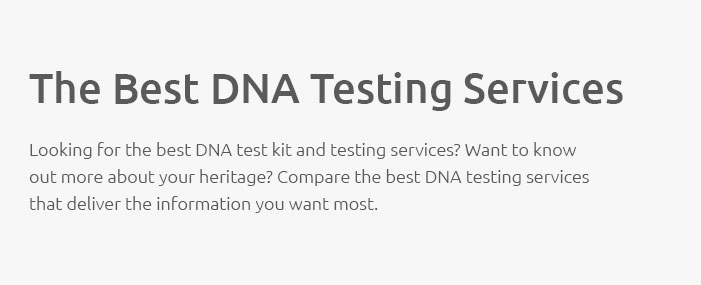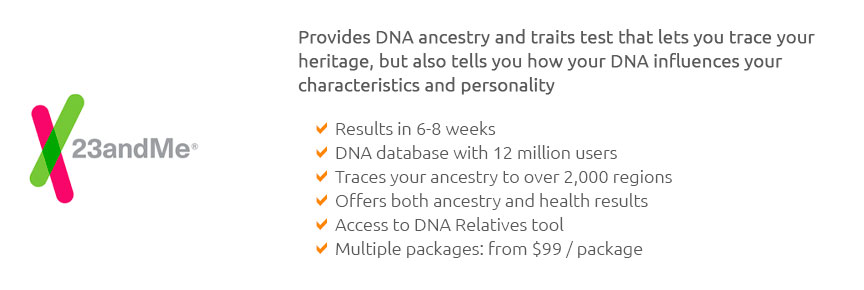 |
 |
 |
|---|
 |
 |
|---|
 |
|
|---|---|
 |
 |
 |
 |
 |
 |
 |
 |
 |
 |
 |
 |
 |
 |
 |
 |
|---|
Ancestry DNA Tests: How Accurate Are They?In recent years, the fascination with ancestry DNA tests has surged, as individuals become increasingly curious about their genetic heritage and familial roots. The allure of uncovering one's past, understanding ethnic composition, and potentially connecting with long-lost relatives is undeniably captivating. However, the question that often arises is: How accurate are these ancestry DNA tests? The answer, much like our genetic makeup, is nuanced and multi-layered. Firstly, it's crucial to understand what these tests are designed to do. Ancestry DNA tests analyze specific markers in your DNA to provide estimates about your ethnic background. Companies like AncestryDNA, 23andMe, and MyHeritage, among others, compare your DNA against extensive databases containing genetic information from various populations worldwide. The accuracy of the results largely depends on the size and diversity of these databases. For instance, if a company's reference data for a particular ethnic group is limited, the test's ability to accurately pinpoint that ancestry is similarly restricted. Moreover, the science behind these tests is based on probabilities and statistical estimates. Therefore, while they can provide a general overview of your ancestry, the results should be viewed as approximations rather than definitive truths. This probabilistic nature means that your results might slightly vary if you take the test multiple times or use different companies.
Additionally, it's worth noting that genetic inheritance is a complex process. You do not inherit equal amounts of DNA from all ancestors, meaning that certain lineages might not be as prominently reflected in your results. This can sometimes lead to unexpected findings or the absence of expected ethnicities. In conclusion, while ancestry DNA tests offer fascinating insights into our genetic makeup, they are not infallible. They are best used as tools for gaining a broad understanding of one's ancestry rather than concrete evidence. As the science progresses and databases expand, we can anticipate even greater accuracy and detail in the future. Until then, it's wise to approach these tests with an open mind, a sense of adventure, and a dash of skepticism. After all, discovering one's roots is as much about the journey as it is about the destination. https://www.ancestry.com/c/dna-learning-hub/autosomal-dna-testing
Yes, an autosomal DNA test is particularly accurate for finding both close and distant relatives on your maternal and paternal sides. An autosomal DNA test can ... https://www.reddit.com/r/AskAnthropology/comments/lq4kzf/is_ancestry_dna_accurate_or_just_an_estimate_of/
They are a 100% scam. They will not show you where you come from. We have records dating back many generations with pictures and documents. https://www.livescience.com/63997-dna-ancestry-test-results-explained.html
"In regards to the Ashkenazi reference populations, our precision for calling AJ [Ashkenazi Jewish] ancestry, has indeed improved from 97 ...
|
|---|